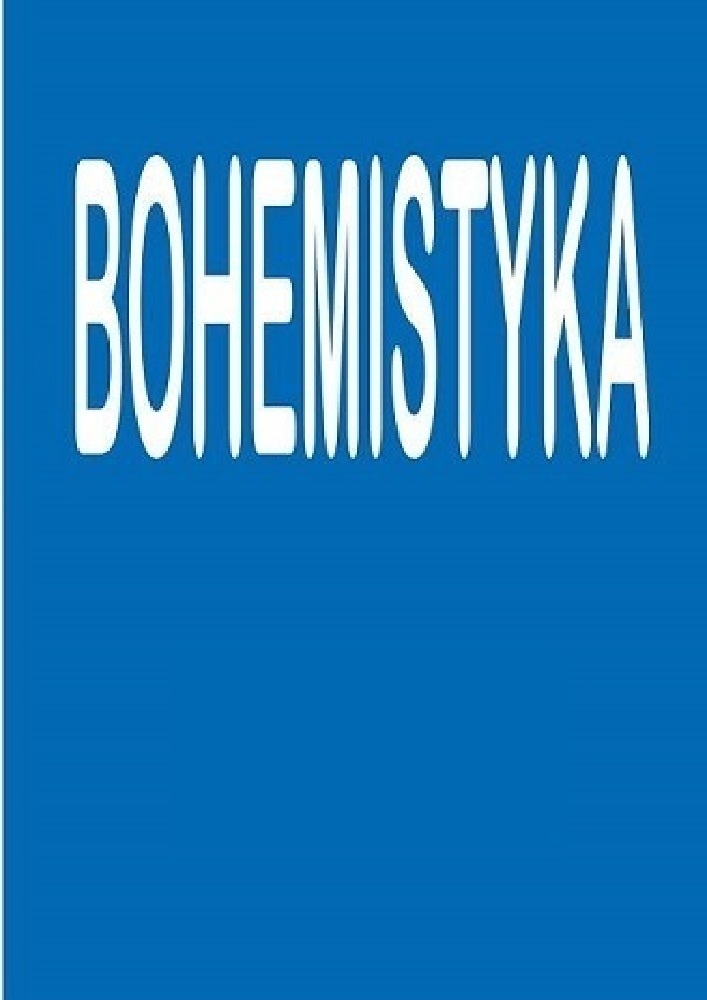Abstract
We distinguish a lot of dialect variations among the forms of Czech possessive adjectives. Speakers often substitute a mixed declension (paradigm otcův – father´s) for a compound declension (paradigm dobrý – good) in everyday communication. The article brings attention to the fact that in case of a female possessor in the connection with masculine or neuter nouns, sometimes a colloquial ending -ě is used (Divil se babiččině důchodu – He was surprised by his grandmother´s pension) instead of a standard ending -u (Divil se babiččinu důchodu). However, this phenomenon is mentioned only by few Czech grammar books.
References
Bělič J., 1972, Nástin české dialektologie, Praha: Státní pedagogické nakladatelství.
Cvrček V. a kol., 2010, Mluvnice současné češtiny 1. Jak se píše a jak se mluví, Praha: Karolinum.
Čechová M. a kol., 1996, Čeština – řeč a jazyk, Praha: Institut sociálních vztahů.
Čeština všední i nevšední, 1972, Praha: Academia.
Havránek B., Jedlička A., 1981, Česká mluvnice, Praha: Státní pedagogické nakladatelství.
Mluvnice češtiny 2, 1986, Praha: Academia.
Příruční mluvnice češtiny, 1995, Praha: Nakladatelství Lidové noviny.
Šmilauer Vl., 1972, Nauka o českém jazyku, Praha: Státní pedagogické nakladatelství.
Štícha F., 2013, Akademická gramatika spisovné češtiny, Praha: Academia.
License
Copyright (c) 2018 Milan Hrdlička

This work is licensed under a Creative Commons Attribution-NonCommercial-NoDerivatives 4.0 International License.




